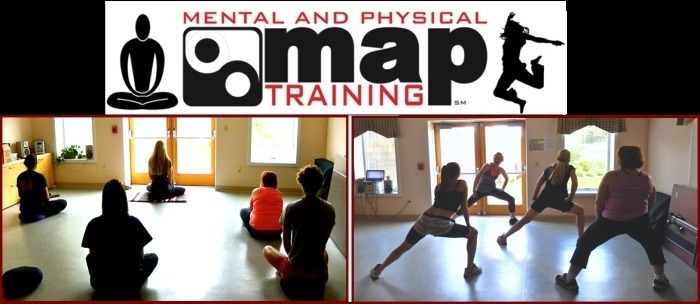Posts Tagged ‘adult-brain’
Neuroimaging study finds extensive brain rewiring–in just six months–among illiterate adults learning to read and write
— Learning to read and write rewires adult brain in six months (New Scientist): “Learning to read can have profound effects on the wiring of the adult brain – even in regions that aren’t usually associated with reading and writing. That’s what Michael Skeide of the Max Planck Institute for Human Cognitive and Brain Sciences…
Read MoreStudy: Combining aerobic and mental training can significantly improve mental and cognitive health
(Editor’s Note: Hat tip to co-author Tj Shors for bringing this fascinating new study to our attention) “It is widely accepted that aerobic exercise and meditation training are useful behavioral therapies for remediating clinical symptoms of depression. However, no study to date has assessed the combined effects of the two behavioral interventions. Here, we present data indicating that
Read MoreNew Brain Health Series: The Child, Adolescent, Adult and Aging Brain
People of all ages read SharpBrains.com, so we are preparing a series of articles on Brain Health across the Lifespan. The series will include 4 parts: The Child Brain, published in November 2010 The Adolescent Brain, in December 2010 The Adult Brain, in January 2011 The Aging Brain, in February 2011 Each part will : Include surprising facts on how the brain works Debunk commons…
Read MoreUpdate: Let’s move, slow down, innovate, think and play
You have heard that physical exercise is good for the brain. How much exercise are we talking about? Can the benefits be seen both for children and adults? In Fitter bodies = fitter brains. True at all ages? Dr. Pascale Michelon answers these questions for you, based on latest scientific studies. We need fun ways to…
Read MoreBrain Fitness Update: Best of 2008
Dear reader and member of SharpBrains’ community, We want to thank you for your attention and support in 2008, and wish you a Happy, Prosperous, Healthy and Positive 2009! Below you have the December edition of our monthly newsletter. Enjoy: Best of 2008 Announcing the SharpBrains Most Important Book of 2008: Neuroscientist Torkel Klingberg has written a very…
Read More5 Tips on Lifelong Learning and Neuroplasticity for the Adult Brain
. Learning & the Brain is a conference that gets marked on my calendar annually because I always return home having either been exposed to new information, or with a new perspective on an old topic. Last month’s conference in Cambridge, MA, themed Using Emotions Research to Enhance Learning & Achievement, was no exception. As…
Read More

